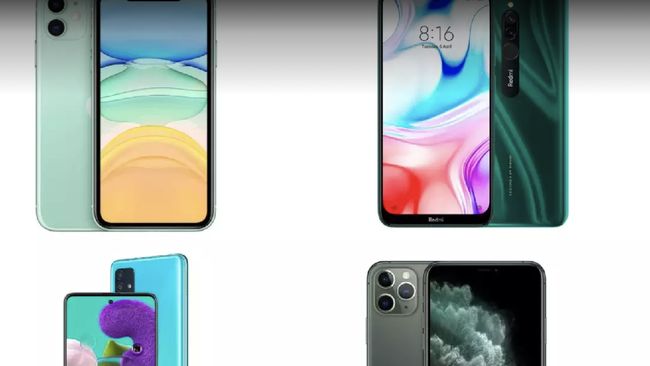Jakarta, CNBC Indonesia – The European Union said it would enforce rules for universal chargers or chargers for smartphones and could be a blow to Apple. The European Union Commission believes standard charging cables for all devices will reduce electronic waste.
Tech giant Apple says universal one-size chargers will stop innovation and create more pollution. The EU is a huge market with 450 million people, and the adoption of USB-C as a cable standard could have a decisive effect on the global smartphone market.
“European consumers have long been frustrated about incompatible chargers piling up in their drawers,” said EU Executive Vice President Margrethe Vestager.
“We gave the industry plenty of time to find their own solutions, now the time is ripe for legislative action for shared chargers.”
Today’s consumers have to decide between the three main chargers for their smartphones. There are Lightning chargers for Apple handsets, micro-USB chargers that are widely used in most other phones, and USB-C chargers that are increasingly being used.
That range is greatly simplified from 2009, when dozens of different types of chargers were bundled with phones and created piles of e-waste when users switched brands.
The European Union says the current situation is uncomfortable as European consumers spend about 2.4 billion euros, or $2.8 billion a year, on standalone chargers that don’t come with their electronic devices.
There are already some Apple products that use the USB-C connector on some iPads and laptop computers. But they insist the law to force universal chargers for all cell phones in the European Union is groundless.
“We remain concerned that stringent regulations requiring only one type of connector are hindering innovation rather than encouraging it, which in turn will hurt consumers in Europe and around the world,” Apple said.
The European Commission has long defended the voluntary agreement it made with the device industry that was set in 2009 and saw major cuts in cable, but Apple has refused to comply. In the commission’s proposal, which could still be highly amended before ratification, smartphone makers would be given a 24-month transition period, giving companies sufficient time to comply.
Apple said it believed the two-year transition period would be a major concern for the industry because it could prevent sales of existing equipment.
(rah/rah)
– .


